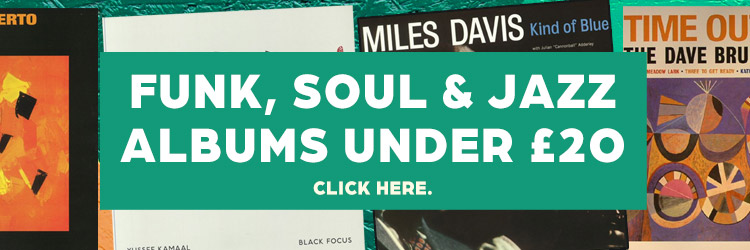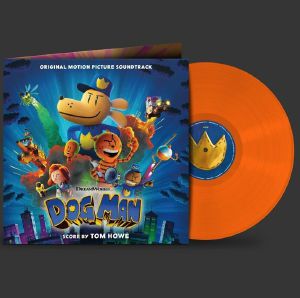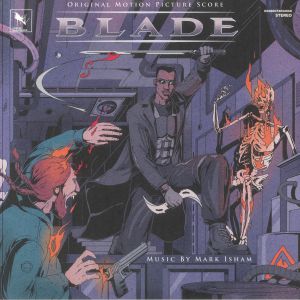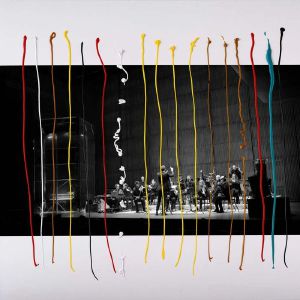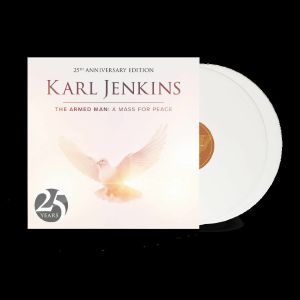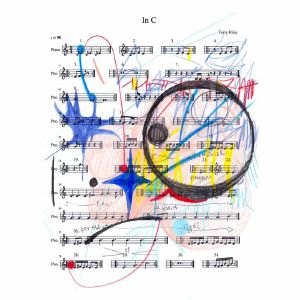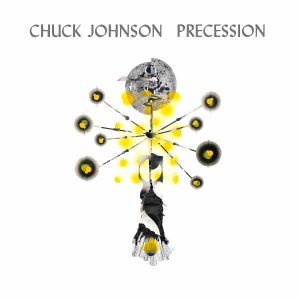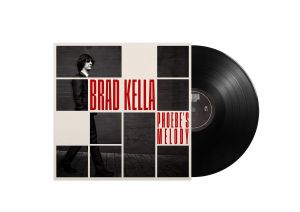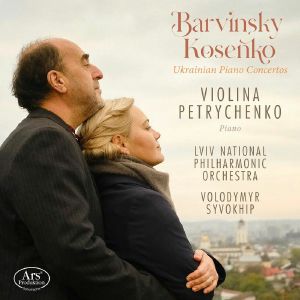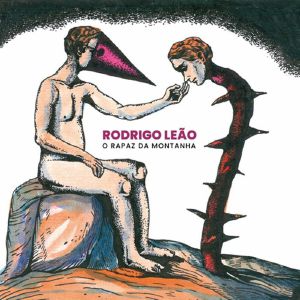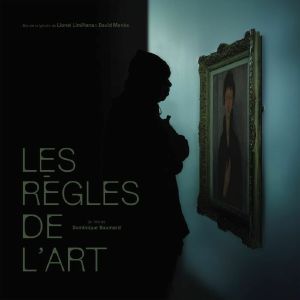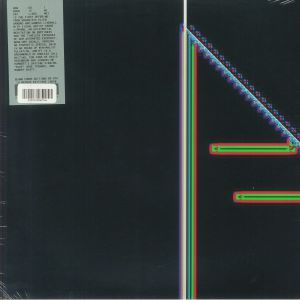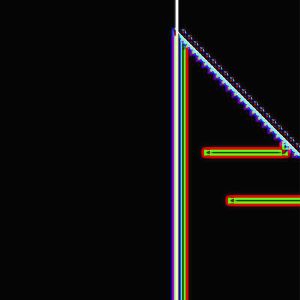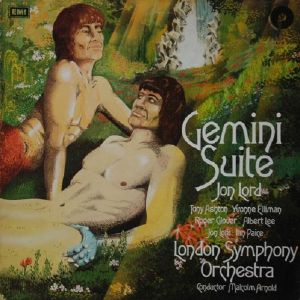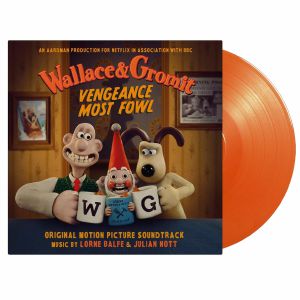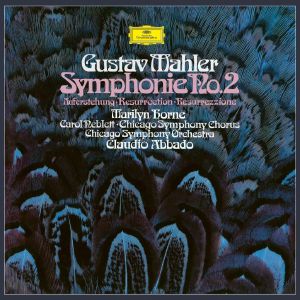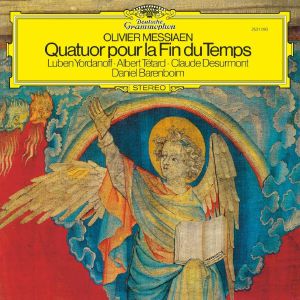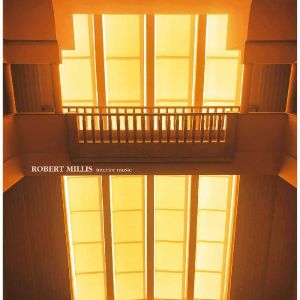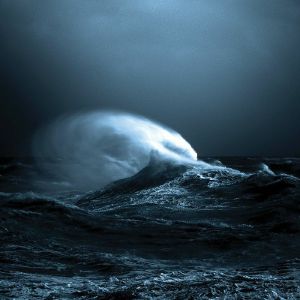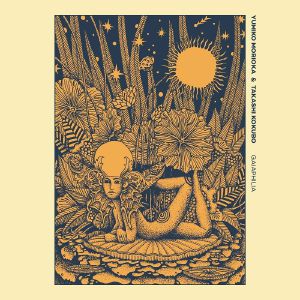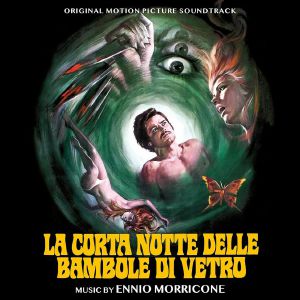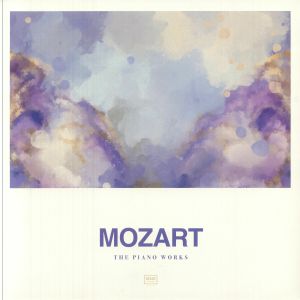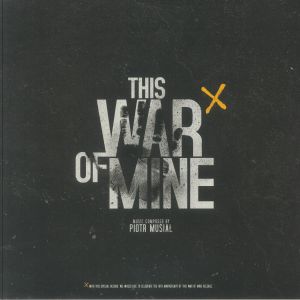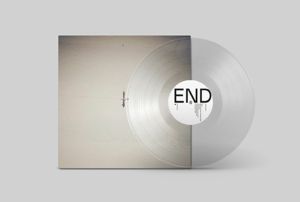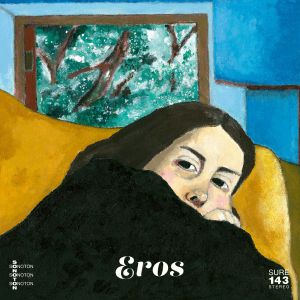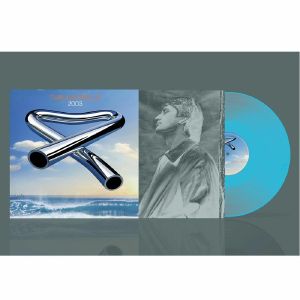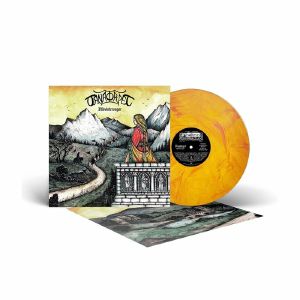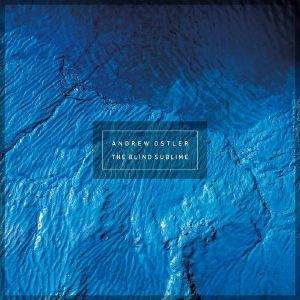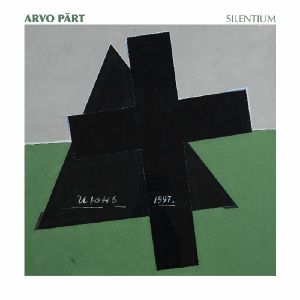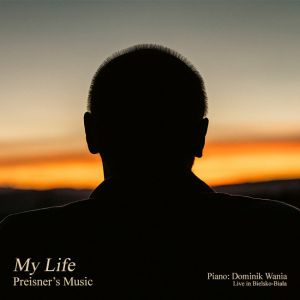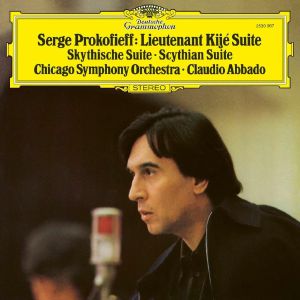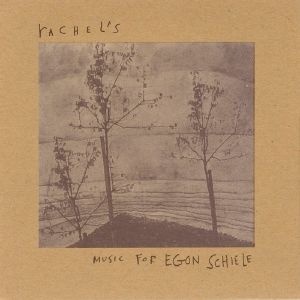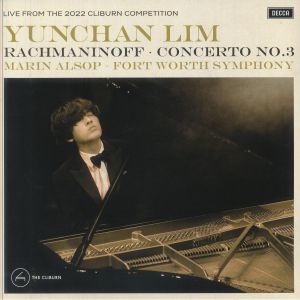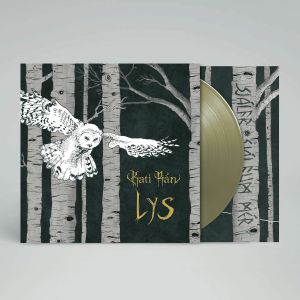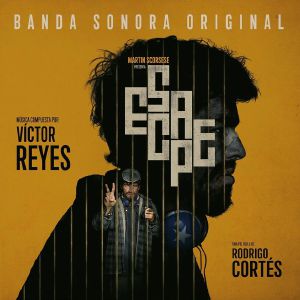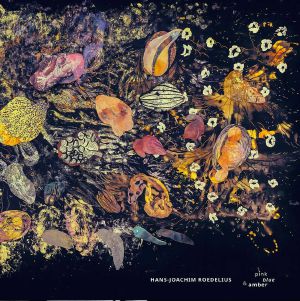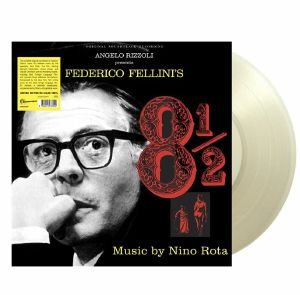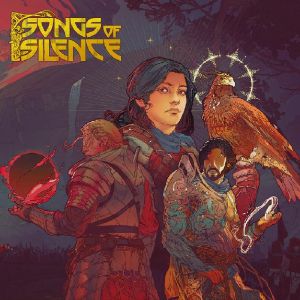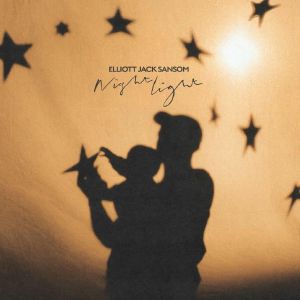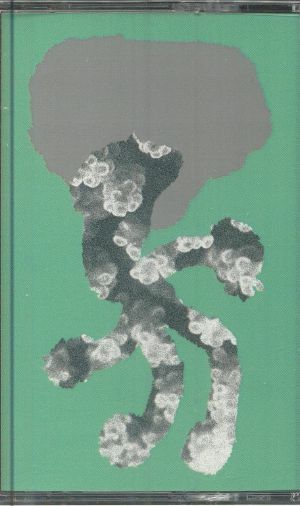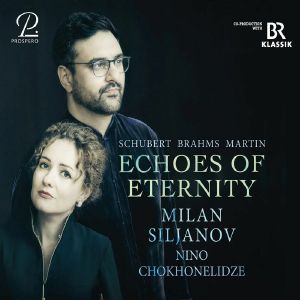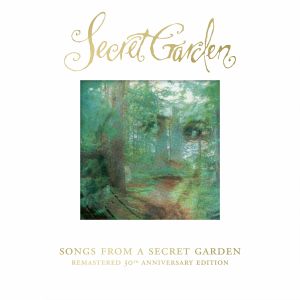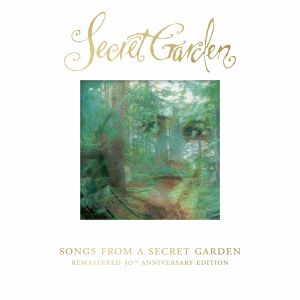New releases last four weeks: Classical
Classical vinyl released in the last four weeksDog Man (Soundtrack) (limited gatefold orange vinyl LP with obi-strip)
Cat: SILLP 1812. Rel: 13 May 25
in stock $31.01
Blade (Soundtrack) (Deluxe Edition) (limited gatefold "bloodbath" vinyl 2xLP)
Cat: 726526 6. Rel: 15 May 25
in stock $38.61
Review: Jameszoo aka Mitchel van Dinther returns with a cinematic journey blending jazz and contemporary classical. Written for Dutch ensemble Asko Schonberg, percussion group HIIIT, and Jameszoo's trio, Music for 17 Musicians explores themes from his 2022 work Blind. Central is a self-governing player piano controlled by custom algorithms creating autonomous musical decisions which add a unique, experimental edge. The music reflects van Dinther's fascination with detaching composer identity to invite active, unbiased listening. It is packed with rich orchestration and smart electronic interplay that nods to Steve Reich's classic while pushing onto new frontiers.
… Read more in stock $26.77
The Armed Man: A Mass For Peace (25th Anniversary Edition) (gatefold white vinyl 2xLP)
Cat: 487820 2. Rel: 05 Jun 25
in stock $40.57
In C Live At Philharmonie De Paris (LP + booklet)
Cat: TSR 051LP. Rel: 22 May 25
in stock $29.30
Played by: Juno Recommends Ambient/Drone
in stock $11.00
Angel's Egg: Living In Water (Soundtrack) (CD with obi-strip)
Cat: TKCA 10556. Rel: 19 May 25
in stock $21.98
in stock $25.37
Rare Treats: Donkey Kong 64 Revisited (Soundtrack) (CD in hardback book sleeve)
Cat: MCOL 0444C. Rel: 20 May 25
in stock $32.68
Rare Treats: Donkey Kong 64 Revisited (Soundtrack) (gatefold 180 gram vinyl 2xLP)
Cat: MCOL 0444V. Rel: 20 May 25
Review: You don't sell 5.27 million copies of anything without doing something right. Winner of the E3 Game Critics award for Best Platform Game in 1999, to name just one of countless nominations and awards, Donkey Kong 64 was one of the best loved titles on the iconic Nintendo 64, and represented two years of programming, coding and designing on the part of legendary software house, Rare. Amazingly, considering this was almost three decades ago and cartridge-based titles are usually regarded as the stronghold of chip music, Grant Kirkhope's score is anything but and still sounds fresh. From aptly titled opener, 'DK Rap', to the meandering jazz closer 'Candy Kong', featuring David Leo Kemp on sax, via 'Angry Aztec' and its Indiana Jones vibe, and the John Williams-esque 'Mine Cart', it's all so enjoyable.
… Read more in stock $62.00
Cat: ARS 38514. Rel: 15 May 25
in stock $16.34
in stock $33.25
in stock $15.22
Cat: BEC 5615228. Rel: 21 May 25
Review: Dominique Baumard's 2025 detective comedy drama, Les Regles de l'art, is a chuckle-inducing exploration of art theft and scandal, reenacting a legendary pilfering of paintings from the Musee d'Art Moderne in Paris in 2010. The plot centres on the trio of thieves who stole €100 million worth of works of art by Picasso, Matisse and Modigliani; they were sentenced to prison, but the paintings were never found. Now the OST by soundtrack artists Lionel LimiNana (more known for his chanson-adjacent project The LimiNanas) and David Menke (more associated with experimental electronica) surfaces. An intermixing of suspenseful legato syntheses and humoured pizzicati help them nail an eternal artistic conundrum - the tradeoff between authenticity of artifice.
… Read more in stock $28.46
Cat: BF 074LP. Rel: 05 Jun 25
in stock $27.91
Cat: BF 074CD. Rel: 29 May 25
in stock $16.34
Jon LORD / EBERHARD SCHOENER / VARIOUS
Windows (50th Anniversary Edition) (limited gatefold orange vinyl LP)
Cat: 405053 8983210. Rel: 15 May 25
in stock $30.72
Gemini Suite (remastered) (limited gatefold clear oramge black white yellow & pink splattered vinyl LP)
Cat: 405053 8938296. Rel: 15 May 25
in stock $30.72
Wallace & Gromit: Vengeance Most Fowl (Soundtrack) (limited numbered 180 gram audiophile orange vinyl LP + booklet)
Cat: MOVATM 435C. Rel: 13 May 25
Review: What a gem this is to follow up the much-loved 2024 stop-motion animated Netflix classic directed by series creator Nick Park. Wallace and Gromit: Vengeance Most Fowl earned critical acclaim, winning two BAFTA awards and receiving an Academy Award nomination in the process. The story follows Gromit as he tries to save Wallace, whose new "smart" gnome invention seems to have a mind of its own and may be linked to a vengeful figure from the past. The film's score was crafted by Emmy-nominated Lorne Balfe and BAFTA-nominated Julian Nott and adds depth to the adventure with theme tunes, dramatic operatic moments, more tender interludes and plenty of great musical narratives. The release includes a four-page booklet with an exclusive Nick Park drawing.
… Read more in stock $34.67
Symphony No 2 (gatefold 180 gram vinyl 2xLP)
Cat: 486713 0. Rel: 05 Jun 25
Review: Marking the beginning of Austro-Bohemian romantic-era classical composer Mahler's deep engagement with themes of resurrection and transcendence, Symphony No. 2 stands as his first fully personal statement in the form. Claudio Abbado's recording with the Chicago Symphony Orchestra remains one of the most striking interpretations available; spanning the breadth of Mahler's vision, from the luminous serenity of the softer passages to the thunderous force of its climaxes. This new edition revisits the original four-track tapes, offering a freshly remixed and recut version.
… Read more in stock $69.89
Cat: 502173 2723253. Rel: 05 Jun 25
in stock $14.65
Quatuor Pour La Fin Du Temps (gatefold 180 gram vinyl LP + insert)
Cat: 486712 6. Rel: 05 Jun 25
in stock $50.72
Played by: Juno Recommends Ambient/Drone
in stock $23.96
EXO (limited 180 gram vinyl LP + art print + MP3 download code)
Cat: CST 185LP. Rel: 05 Jun 25
in stock $23.66
Review: Japanese artists Yumiko Morioka and Takashi Kokubo unite for a journey through blended piano, atmospheric synth and nighttime field recording. Both Morioka and Kokubo are pioneers of Japanese new age import, with the former lyricist, pianist and composer trailblazing with her sole 1987 album Resonance and the latter composer and musical environmentalist responsible for a string of geometrically-charged, fantastical LPs from 1980 onwards. Morioka herself makes a welcome return to music after taking a staunch step back to raise her family in the late 80s; her music has since been quietly cherished, and now Gaiaphilia evidences her not-lost ivorian flair, with her piano melding blissfully with pop-out sea- and soundscapes.
… Read more in stock $26.49
La Corta Notte Delle Bambole Di Vetro (Soundtrack) (coke bottle vinyl LP)
Cat: QRLP 51. Rel: 20 May 25
Review: The legendary film composer is back with a reissue of one of his most haunting and suspenseful i a perfect canvas for Morricone's groundbreaking score. Morricone's contribution to the thriller genre remains unparalleled, blending haunting lyricism with avant-garde experimentation. This score is no exception. From the eerie waltz of the main title, performed by the ethereal Edda Dell'Orso, to the unsettling dissonance that creeps beneath the surface, every note is designed to disturb and captivate. The music mirrors the film's dark narrative of a journalist trapped inside his own lifeless body, racing against time to solve a chilling conspiracy. Originally intended for a vinyl release in 1971, the full score was shelved until a limited CD surfaced in 1998, followed by an expanded 2009 edition that quickly sold out. This newly remastered release by Chris Malone is a great way to experience Morricone's work, offering a pristine listening experience for both avid collectors and newcomers. Accompanied by insightful liner notes from Miguel Angel OrdoNez, it stands as a great addition to any film score collection.
… Read more in stock $41.45
The Piano Works (limited 180 gram purple vinyl LP)
Cat: 487109 3. Rel: 05 Jun 25
in stock $33.81
in stock $42.56
in stock $29.03
Review: Daniel O Sullivan, known as a producer for the likes of Tim Burgess and for his astounding art pop band Grumbling Fur, makes his first foray into classically informed chamber music. With some sort of superhuman genius mind, the unassuming Mancunian wrote these arrangements for a 14-piece ensemble and nailed it. 'Golden Verses' is stately, pastoral, yet menacing. Another highlight, 'Painting Rose' is some of the most psychedelic classical music you'll ever hear. So, if you're looking for chamber music that spans eras, genres and takes you on a transcendent journey, then look no further.
… Read more in stock $29.87
in stock $12.12
Tubular Bells 2003 (translucent blue vinyl LP)
Cat: 502173 2515896. Rel: 22 May 25
in stock $28.75
Midvintersagor (reissue) (limited yellow & red marbled vinyl LP + insert)
Cat: NVP 167LP. Rel: 19 May 25
Played by: Juno Recommends Ambient/Drone
in stock $29.03
in stock $12.12
in stock $13.81
My Life: Preisner's Music (gatefold 2xLP)
Cat: PPLP 006. Rel: 20 May 25
in stock $65.11
Prokofiev: Lieutenant Kije Suite/Scythian Suite (numbered gatefold 180 gram vinyl LP)
Cat: 486712 7. Rel: 05 Jun 25
in stock $50.72
Music For Egon Schiele (30th Anniversary Edition) (silver vinyl LP (indie exclusive))
Cat: QS 035LPC1. Rel: 29 May 25
Review: Pianist Rachel Grimes is Rachel's and their sophomore album Music for Egon Schiele was originally released in 1996 on Quarterstick Records as a live score for a theatrical production about the titular Austrian painter. The performance of it was premiered in 1995 by Chicago's Itinerant Theater Guild with Grimes and two string players. The music is intimate and emotionally rich material that is stripped down to chamber pieces that rise and fall with real intensity. More focused than their debut Handwriting, this album blends melancholy, romance and beauty into a deeply affecting narrative that lingers long after the final note.
… Read more in stock $38.89
Rachmaninoff Concerto No 3 (gatefold LP)
Cat: 487102 4. Rel: 15 May 25
in stock $30.42
LYS (clear vinyl LP + booklet in spot-varnished sleeve)
Cat: SRE 742LPB1. Rel: 22 May 25
in stock $25.92
Rumours Of Angels (CD)
Cat: NXN 034CD. Rel: 05 Jun 25
! low stock $16.07
in stock $27.62
Pink Blue & Amber (limited gatefold 180 gram audiophile vinyl 2xLP)
Cat: CURIO 38LP. Rel: 29 May 25
in stock $65.11
Federico Fellini's 8 1/2 (Soundtrack) (limited hand-numbered clear vinyl LP)
Cat: DMOO 090. Rel: 30 May 25
Concertino Alle Terme/Sinfonia Da Il Barbiere Di Siviglia/Il Valzer Dei Fiori Da Lo Schiaccianoci (1:18)
Rivolta Nell'Harem/La Cavalcata Delle Walkirie/La Ballerina Pensionata/La Conferenza Stampa Del Regista (5:15)
in stock $18.60
Songs Of Silence (Soundtrack) (blue glitter vinyl LP)
Cat: BSCR 1511. Rel: 20 May 25
in stock $33.81
in stock $33.81
in stock $18.32
Echoes Of Eternity (CD)
Cat: PROSP 0103. Rel: 15 May 25
in stock $16.90
Cat: 758271 7. Rel: 15 May 25
in stock $14.38
Songs From A Secret Garden (30th Anniversary Edition) (limited LP in spot-varnished die-cut sleeve)
Cat: 758271 5. Rel: 15 May 25
in stock $30.42

 USD
USD




